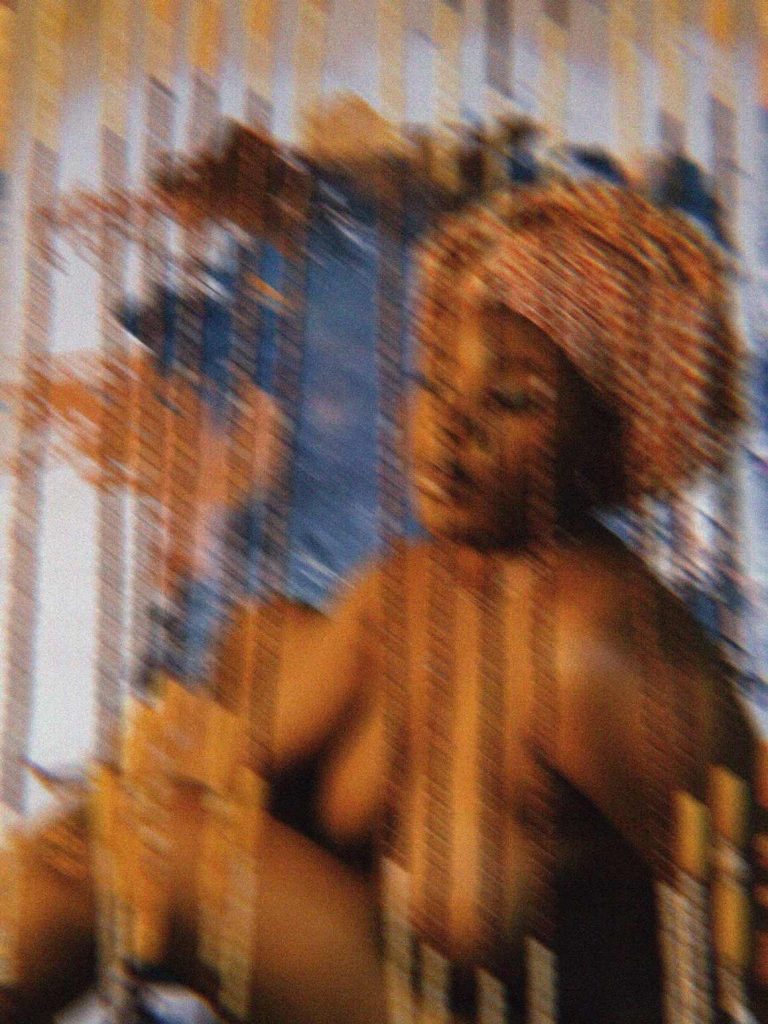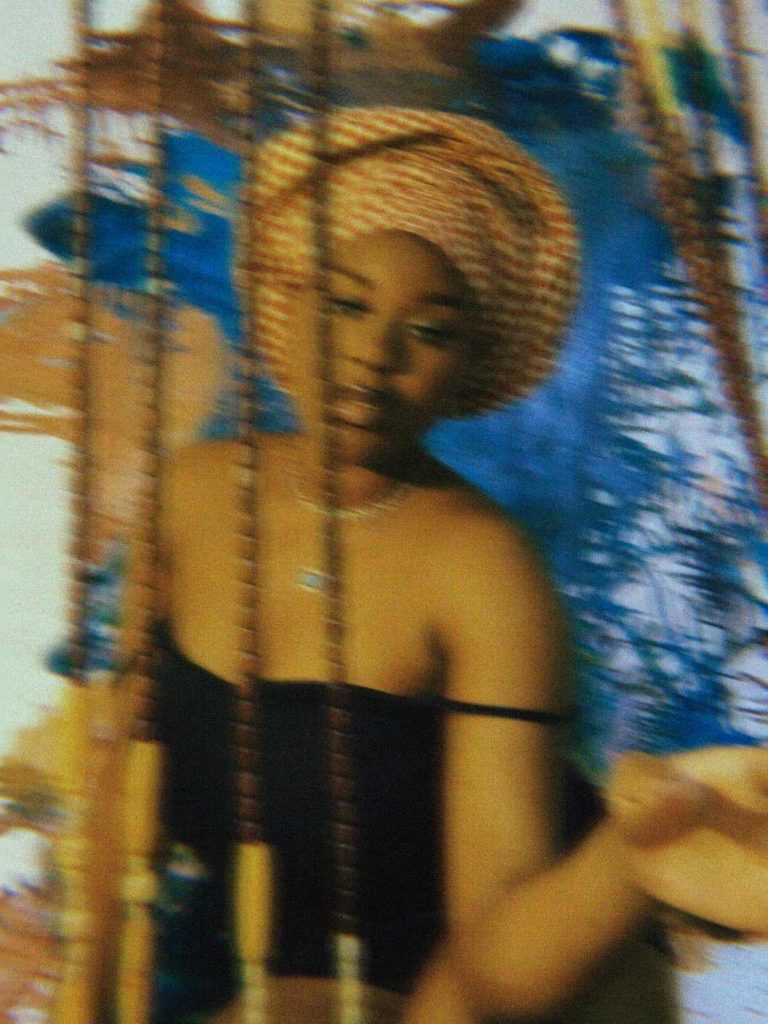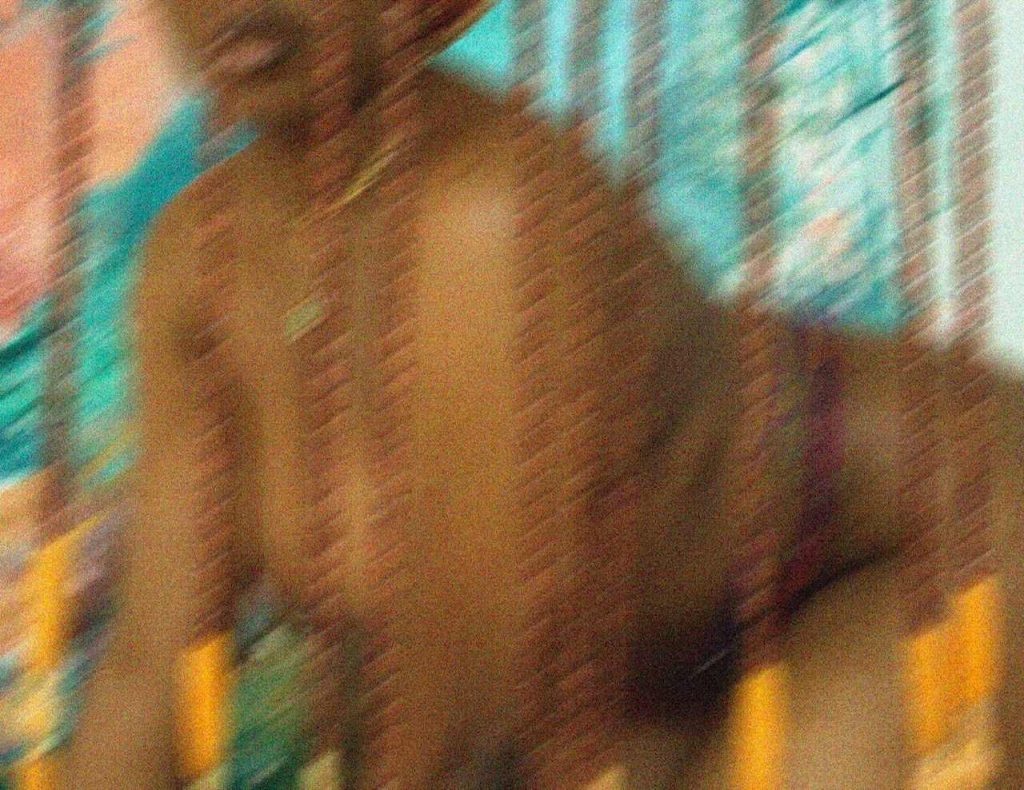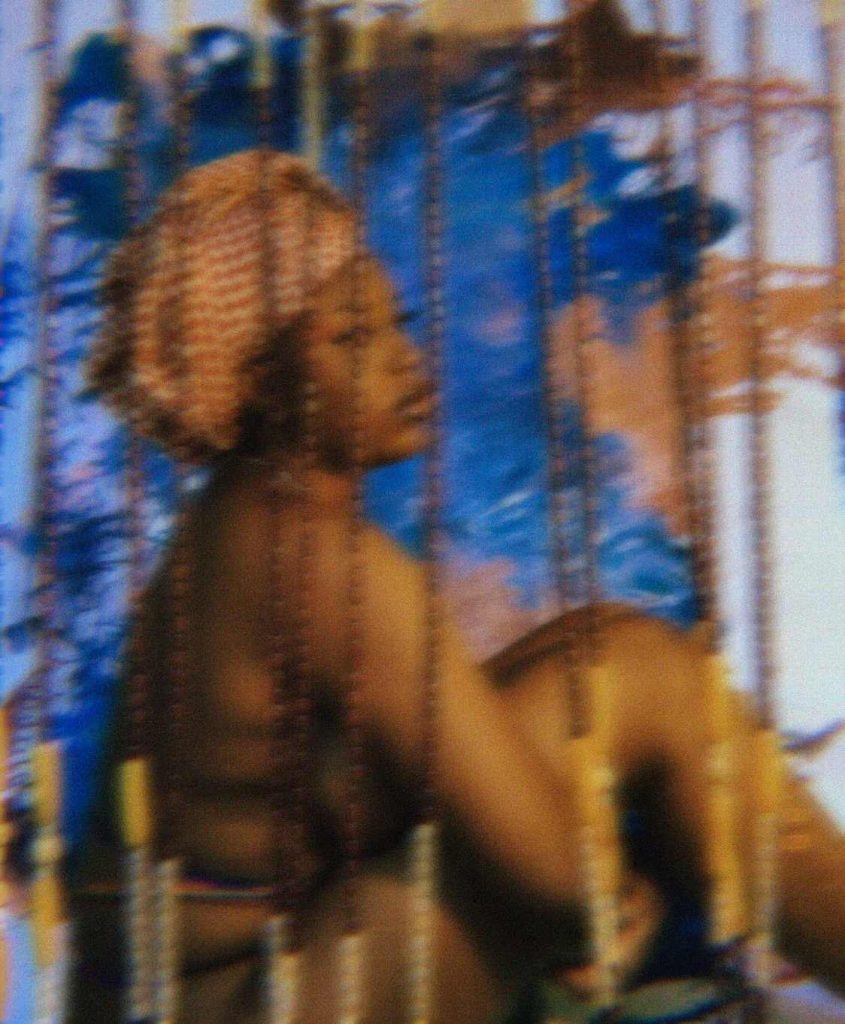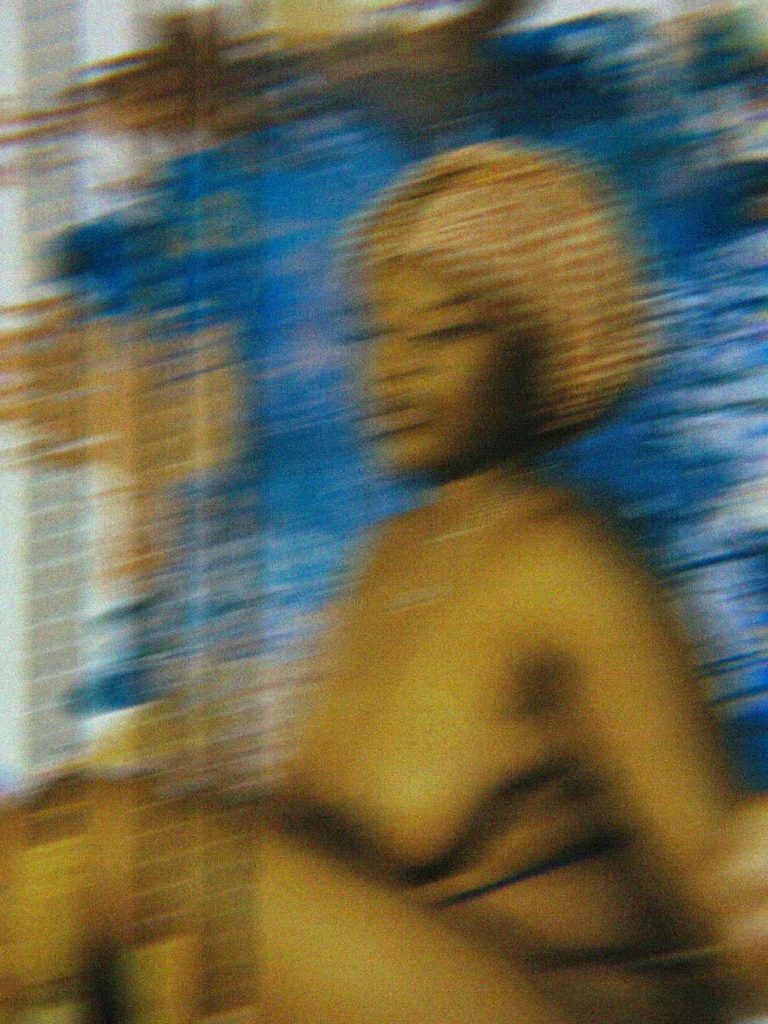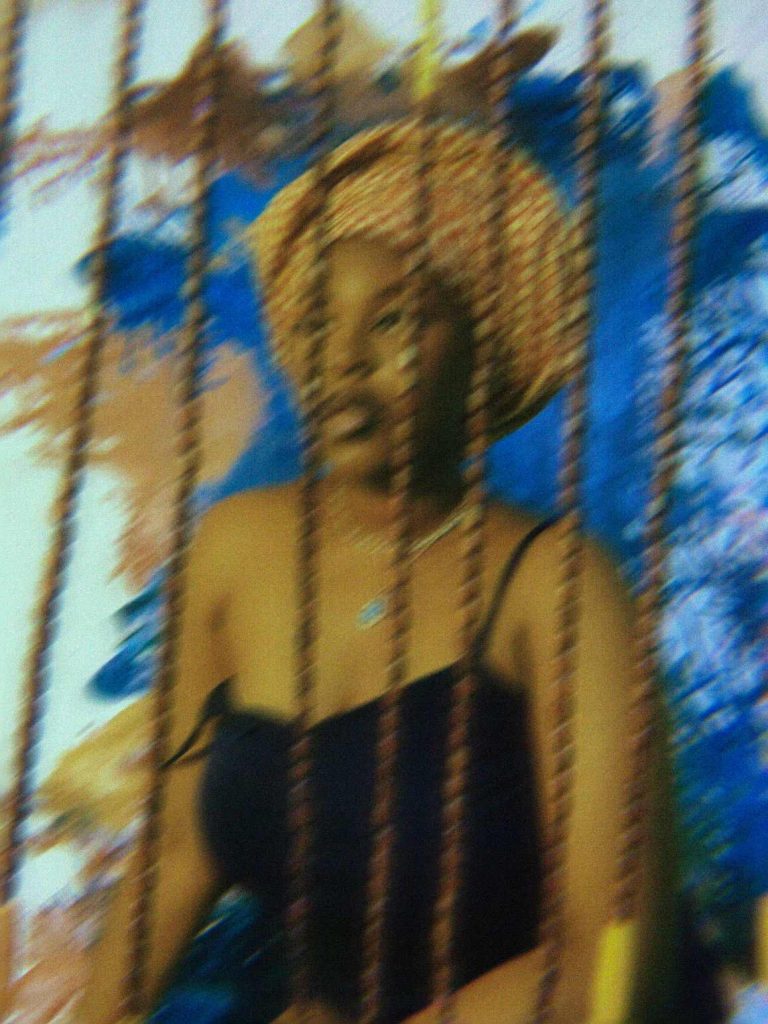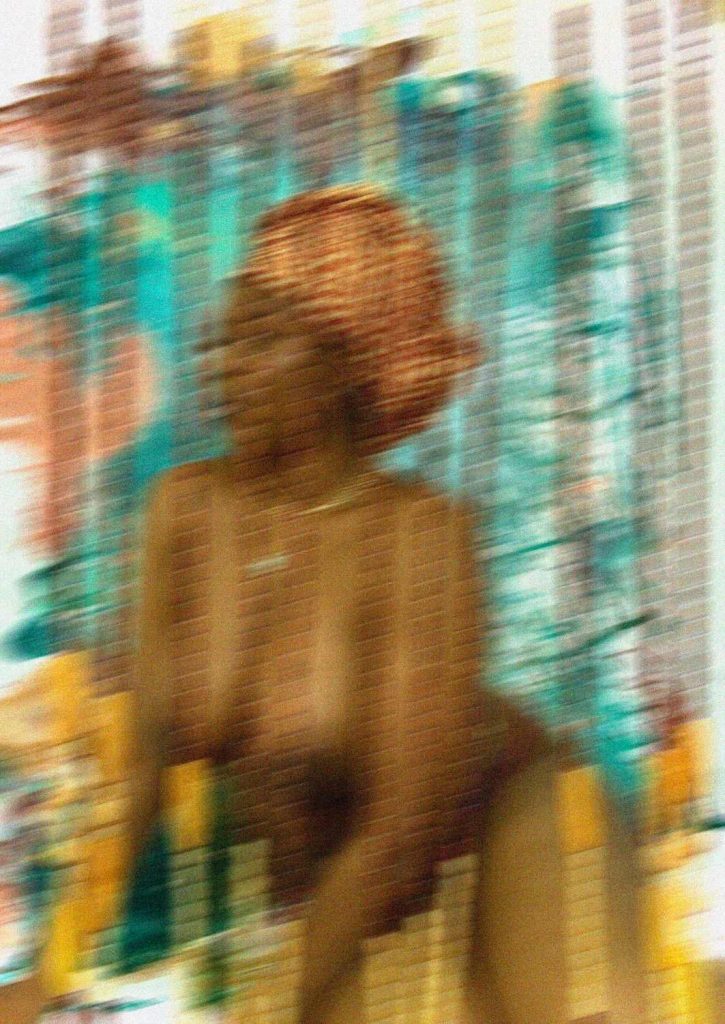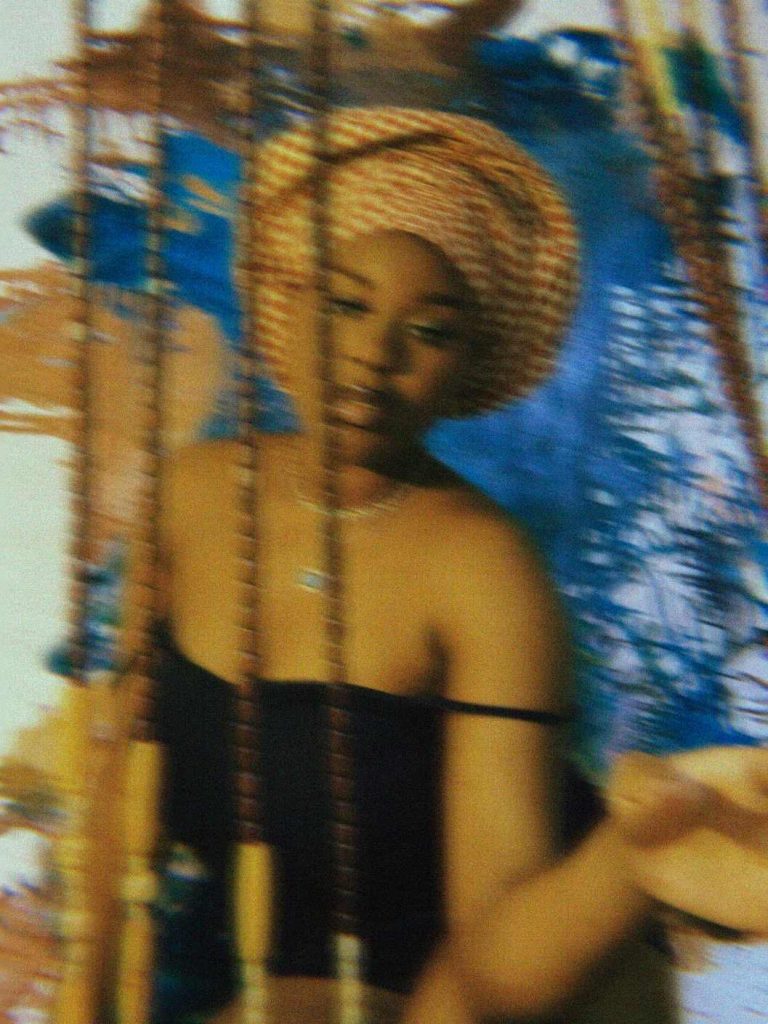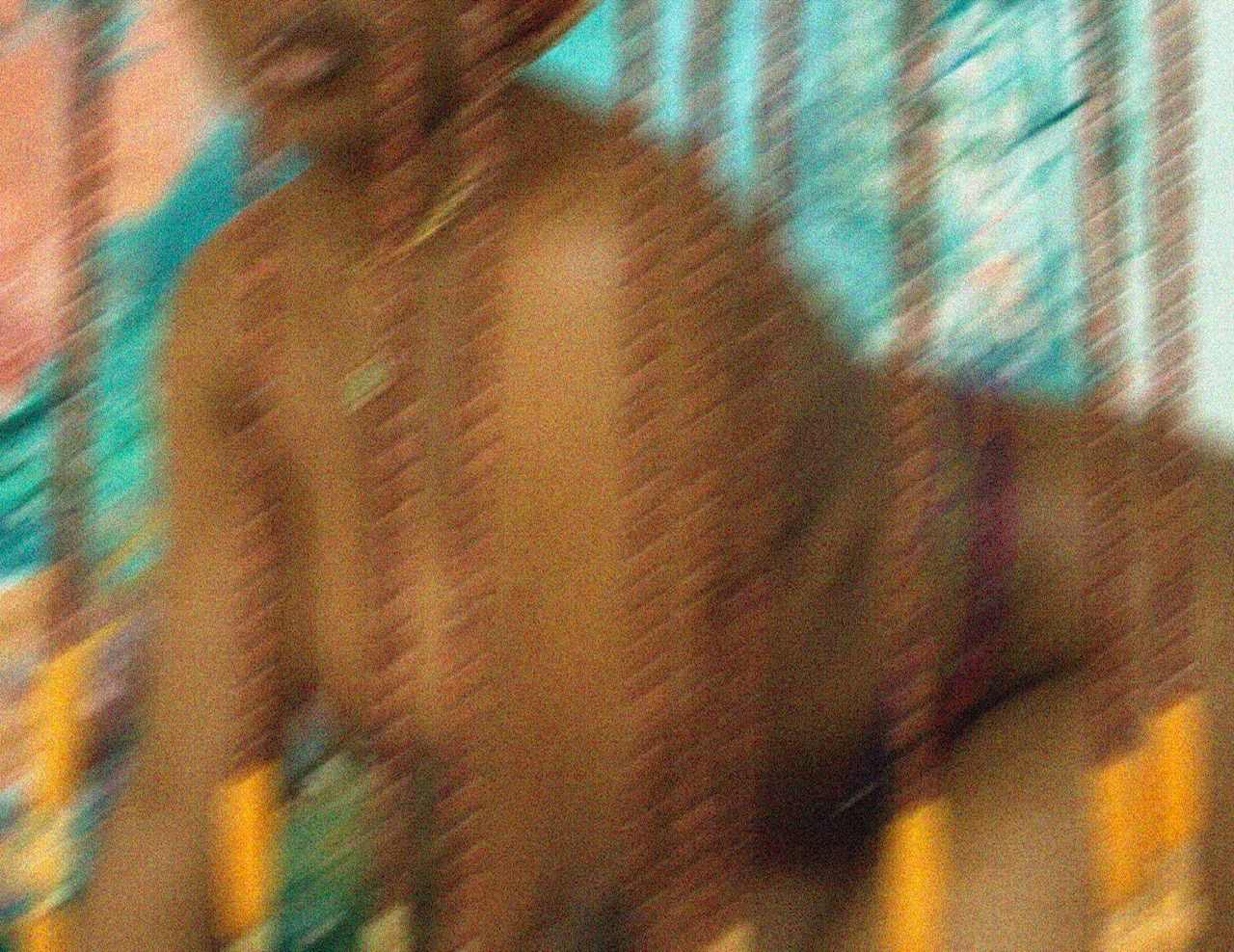
ORISHA: A self-portrait series on Nudity and Constructs
Ikeoluwa Odunjo is an experimental Visual Artist currently studying in the UK. She recently released a portrait series she calls Orisha. Eseosa Belo-Osagie speaks to her about it.
When society speaks of women, it’s often in the context of limitation and how these limitations determine what femininity should be and the validity of this femininity with nuance. Ikeoluwa Odunjo uses her art to challenge these “standards” and create a space where opposition is forced to recognise the autonomy women, queer and non-binary people have over their own bodies. I first saw Ikeoluwa’s art at the Carpe Diem Summer Fest in 2017, and a self portrait – which she later explained was a portrait of her mother – was the most striking piece for me. It was like using her own eyes to see her, and even after she’d stated that it was her mother; I couldn’t shake the impression that this young woman sees herself as something of a force.
I spoke to her about her latest portrait series called Orisha and this is what the artist had to say:
Eseosa Belo-Osagie: The series seems to be focused on the Divine Feminine, especially the goddess Oshun – the nudity, yellows and golds; what is inspiration for it?
Ikeoluwa Odunjo: I’ve gotten very used to my nakedness on camera. If male artists can capitalise on our bodies, why can’t we do that? Before I made it, I had earthy tones in mind; [and] on the day of the shoot, I felt inspired by the goddess Oshun and sensuality and all of that. I was also inspired by the idea of courtesans sitting behind curtains or in their rooms waiting for clients.
Eseosa Belo-Osagie: Oh nice. I know you’re a painter. I saw your work at Carpe Diem in 2017. Is Photography a medium you’re experimenting with?
Ikeoluwa Odunjo: I started experimenting [with photography] in 2015 when I became the student photographer in sixth form. When I got to the UK, having access to good equipment definitely made me fall in love with self-portraiture.
Eseosa Belo-Osagie: Will there be more self portrait projects?
Ikeoluwa Odunjo: Definitely.
Eseosa Belo-Osagie: Okay. Back to this project: recently, we’ve seen more people embrace their bodies. Was the primary intent body positivity or this is just a project where you happen to be naked?
Ikeoluwa Odunjo: I wanted to be naked. Yes to body positivity; nakedness exists and it shouldn’t be taboo in the way it is now.
–Ikeoluwa Odunjo
Eseosa Belo-Osagie: Agreed. Do you think being in self isolation as we have for this long has in any way influenced how you express your art or how you will be expressing your art in the future?
Ikeoluwa Odunjo: I guess so. I feel like it would influence my creative process more [like setting up and stuff]. I never thought I’d never be able to access the studio in uni, but this experience has taught me how to adapt and improvise.
Eseosa Belo-Osagie: So you see yourself doing more independent, or would I say less “refined” projects in the future?
Ikeoluwa Odunjo: I won’t say less refined. Work made in odd places can still be refined. I’d say more innovative, just trying new ideas and ways of setting up spaces.
Art is many things including a tool of change. Seeing artists like Ikeoluwa Odunjo use their many powers to create opposition to harmful constructs like Orisha gives one hope for a less toxic future.
See Other Photo Projects
